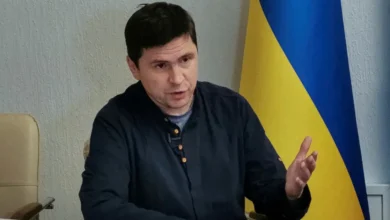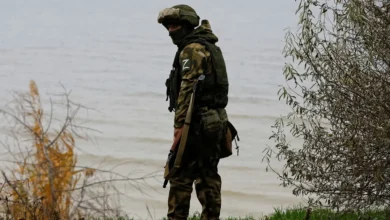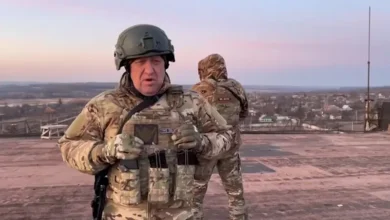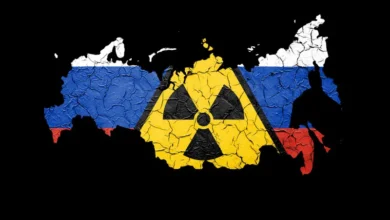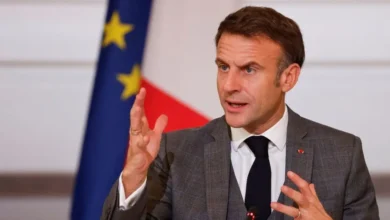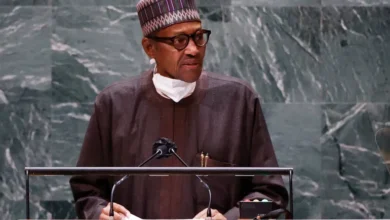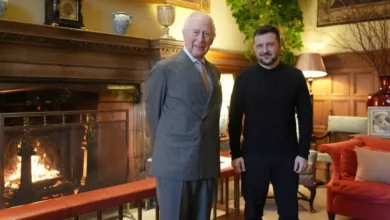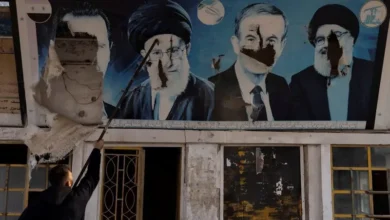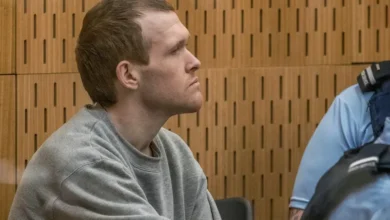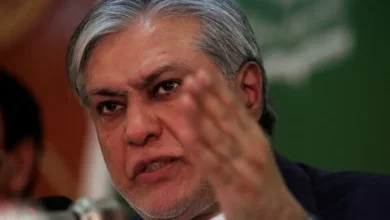‘We are all on the front line’: DR Congo’s young women rebels take on M23
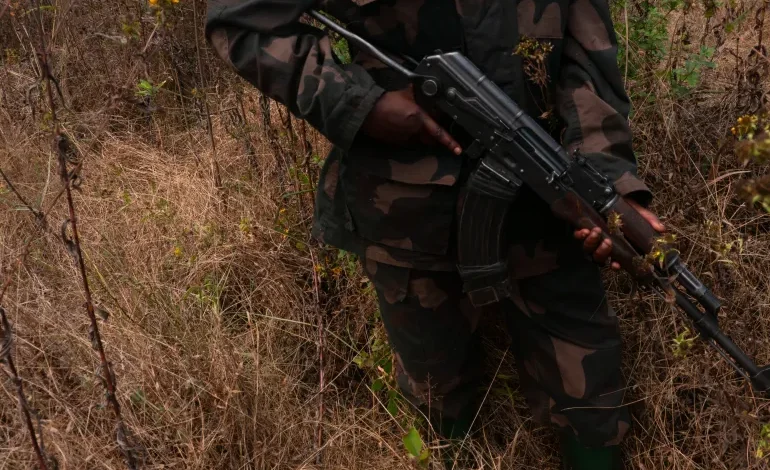
Marie Byamwungu fiddles with the overlong sleeves of her camouflage shirt, the military uniform hanging like a costume on her slight fame.
But her lips curl back into a wry smile when the 20-year-old, whose real name we are not using for security reasons, describes fierce battles between her militia group and M23 rebels, who are in the middle of an insurgency in eastern Democratic Republic of the Congo (DRC).
“I’ve seen heavy fighting, but I am proud. I can still go to fight,” she says, sitting in a paramilitary base some three kilometres (1.9 miles) from the front lines, north of the city of Goma.
Behind her, a group of young men lounge in a pocket of shade, joking loudly while holding assault rifles loosely across their knees.
The fighters have taken up arms under the umbrella of the Wazalendo, or “patriots” in Kiswahili – local self-defence forces who say they are fighting to protect their communities from M23 attacks.
Originally composed of former soldiers mutinying from the Congolese army in 2012, M23 resurfaced with increased military activities in early 2022.
The M23 rebellion has led to renewed violence and displacement. Some 1.7 million people have been forced to flee their homes in eastern DRC, with many living in makeshift structures of plastic sheeting and flimsy wood, built precariously on the outskirts of cities in North Kivu province.
According to the United Nations Group of Experts and the United States Department of State, M23 is backed by Rwanda and Uganda. The UN experts have also accused some 3,000 to 4,000 Rwandan troops of fighting alongside M23, with their forces equalling those of the rebels. Both Rwanda and Uganda deny supporting the M23 rebellion.
In November 2022, Congolese President Felix Tshisekedi called on young people to join the Armed Forces of the Democratic Republic of the Congo (FARDC) in its fight against M23, or at least to take up weapons independently.
“I invite them to organise themselves into vigilance groups with a view to propping up, accompanying and supporting our armed forces,” the president said in a speech broadcast on national television.
